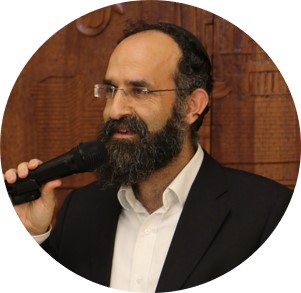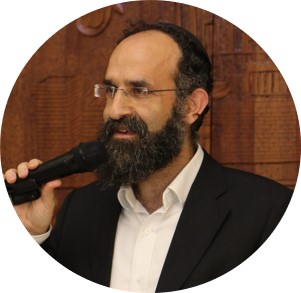
הרב שבתי סבתו | תהלים | מזמורים כ"ה וק"ל-נפשו של החוטא-בועז ורות
מרן רה"י הרב שבתי סבתו
יא אדר ב' התשפב14.03.2022

יודעי העיתים - לעורר את הרצון | רה"י הרב יצחק סבתו | שיעור מיוחד לפורים
רה"י הרב יצחק סבתו
ח אדר ב' התשפב11.03.2022

הרב שבתי סבתו | דבר תורה לכבוד פורים | מגילת אסתר ברוח הקודש
מרן רה"י הרב שבתי סבתו
ח אדר ב' התשפב11.03.2022

הרב שבתי סבתו | דבר תורה לפרשת ויקרא-זכור | תמחה את זכר עמלק
מרן רה"י הרב שבתי סבתו
ח אדר ב' התשפב11.03.2022

התמודדות עם קשיים-"קיימו וקיבלו עליהם" | הרב יעקבסון | הכנה לפורים | מיוחד לחיילים
הרב אליסף יעקבסון
ה אדר ב' התשפב08.03.2022

הרב שבתי סבתו | תהלים | מזמור קמ"ה-'אשרי יושבי ביתך'-הציפייה לישועת ישראל
מרן רה"י הרב שבתי סבתו
ה אדר ב' התשפב08.03.2022






